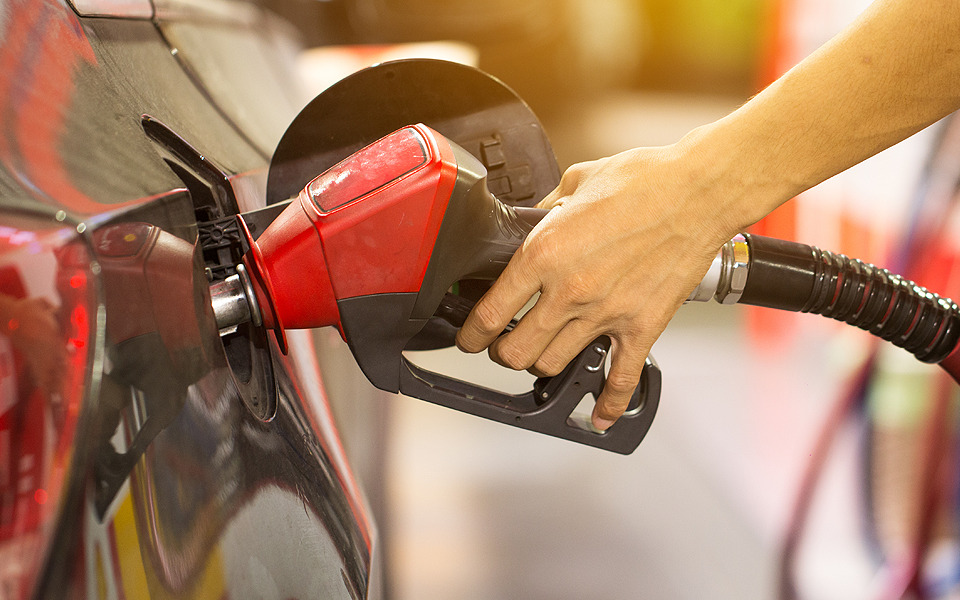Gas prices are volatile right now. In 2022, the national average of a gallon of gas reached $5.01 in June, before dropping to around $3.50 by the end of the year. High prices put a significant strain on family budgets and cut into bottom lines for businesses that rely on transporting goods and services throughout the nation.
Solutions must be explored to reduce costs when they rise, but suspending the 18.3 cents-per-gallon federal gas tax – as President Biden, some members of Congress, and many governors are proposing – won’t do much to get us there. In fact, at most, the gas tax holiday would save Americans less than $2 per 10 gallons, and there’s no guarantee any of these savings would make their way to taxpayer wallets.
At the state level, research has confirmed that gas tax rates are just one part of a pricing scheme that also factors in the price of crude oil and other state-specific considerations. An analysis from the American Road and Transportation Builders Association’s Transportation Investment Advocacy Center found that, on average, only one-third of an increase or decrease in state gas tax rates is passed through to consumers in the retail price on the day the change takes effect – with no significant impact after that time.

Quick facts on gas tax holidays and our infrastructure:

The federal government charges an 18-cent tax per gallon of gasoline and a 24-cent tax per gallon of diesel. Those taxes fund critical highways and public transportation through the Highway Trust Fund.

Suspending the federal gas tax would only put about $3.63 back in the pockets of consumers.
(Baltimore Sun)

Suspending the federal gas tax for approximately 10 months would reduce federal taxes revenue by about $20 billion dollars.
(Penn Wharton University of Pennsylvania)

Each $1 million in highway, bridge, and transit investment will support, on average, 21 jobs per year. That investment in highways and transit results in a multiplier of 3.6 and 3.4, respectively, in combined direct, indirect, and induced economic output.
(TRIP 2022 report)

40% of major U.S. roads are in poor or mediocre condition
(TRIP 2022 report)

1 in 3 U.S. bridges are in need of repair – over 6,000 miles worth!
(ARTBA Bridge Report)
Get more gas tax information from these and other sources below!
Study: Effects of a State Gas Tax Holiday
published June 15, 2022
Opinion: Yes, Gas Prices Are Up. But Cutting the Gas Tax is Not the Answer
published February 10 by Catherine Rampell
Study: How Changes in State Gas Tax Rates Affect Prices Motorists Pay at the Pump
American Road and Transportation Builders Association, March 2022
Study: Funding America’s Transportation System
TRIP, March 2022
Research: To Tax or Not to Tax?
West Virginia University, May 2022
